Transparency is the vaccine against apathy
Looking back at the implementation of the Law on Environmental Protection in 2020, National Assembly Deputy Thach Phuoc Binh (Vinh Long) commented that with more than 500 legal documents issued from 2021 to present, the legal system on environmental management has been basically completed. Notably, the management mindset has shifted from administrative "asking - giving" to economic "responsibility - obligation", encouraging businesses and people to participate in environmental protection.
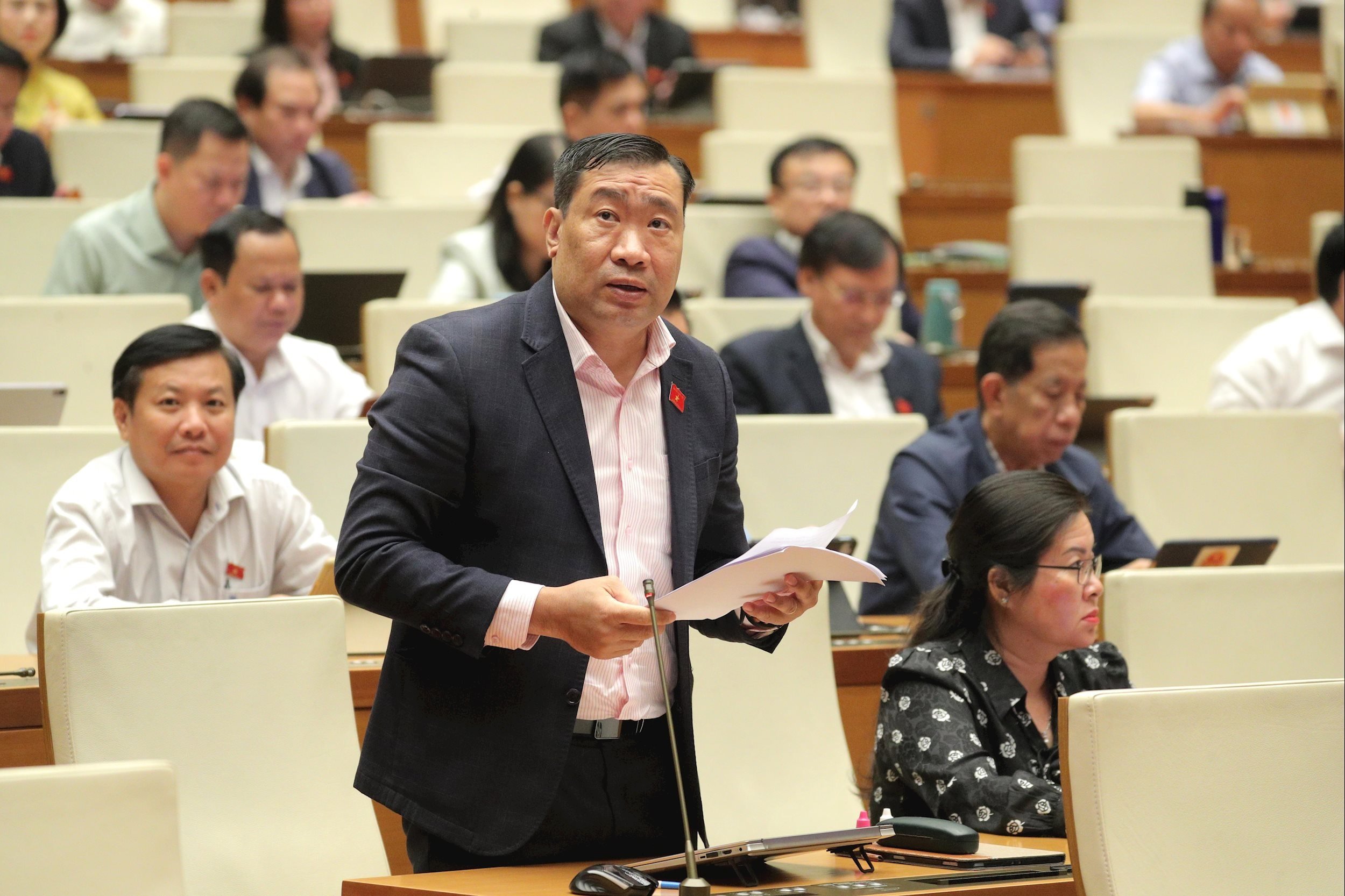
National Assembly Delegate Thach Phuoc Binh ( Vinh Long ). Photo: Ho Long
According to delegates, many localities have made clear movements: Da Nang, Quang Ninh, Binh Duong promote green urban development and circular economy; Ho Chi Minh City launches Phuoc Hiep waste-to-energy project; Can Tho operates a centralized wastewater treatment system for the entire urban area.
However, in addition to positive results, environmental protection work still faces many challenges. Delegate Thach Phuoc Binh pointed out: although pollution control work has made progress, it is not sustainable. The urban waste collection rate reached 97%, but only 18% of wastewater is treated; nearly 60% of waste is still buried, mainly in rural areas and small urban areas. Many landfills that have existed for decades such as Nam Son (Hanoi), Khanh Son (Da Nang), Tan Long (Tien Giang) are still "environmental hotspots". Air and water pollution are also increasingly serious.
According to delegates, although the legal framework has progressed, there is still a “gap in action”. Mechanisms such as the carbon market and extended producer responsibility (EPR) have not yet been put into practice; there are no specific regulations on green procurement, plastic recycling, and wastewater reuse. Many localities have reported that environmental procedures are still cumbersome and the investment and operation phases are not clearly separated, causing hundreds of green projects to be delayed. Although social awareness has increased, behavior has not changed accordingly: only about 15% of households sort waste at source; many businesses still consider environmental costs a “burden” instead of an “investment for the future”.
From that reality, delegate Thach Phuoc Binh warned: Vietnam's environment is at its "limit of tolerance" - if there is no strong transformation, the cost of remediation will be many times higher than the cost of prevention.
"It is necessary to reform institutions, create green development thinking, and consider the environment as an indicator of national governance capacity, not just a technical task. The National Assembly should include indicators such as "green GDP", "low carbon growth", and "environmental health index (EPI)" in the system of national development indicators; promptly amend the Law on Environmental Protection, promulgate the Law on Circular Economy, and clearly define the responsibility of products from birth to leaving the market - so that businesses cannot push the cost of pollution onto society," emphasized delegate Thach Phuoc Binh.
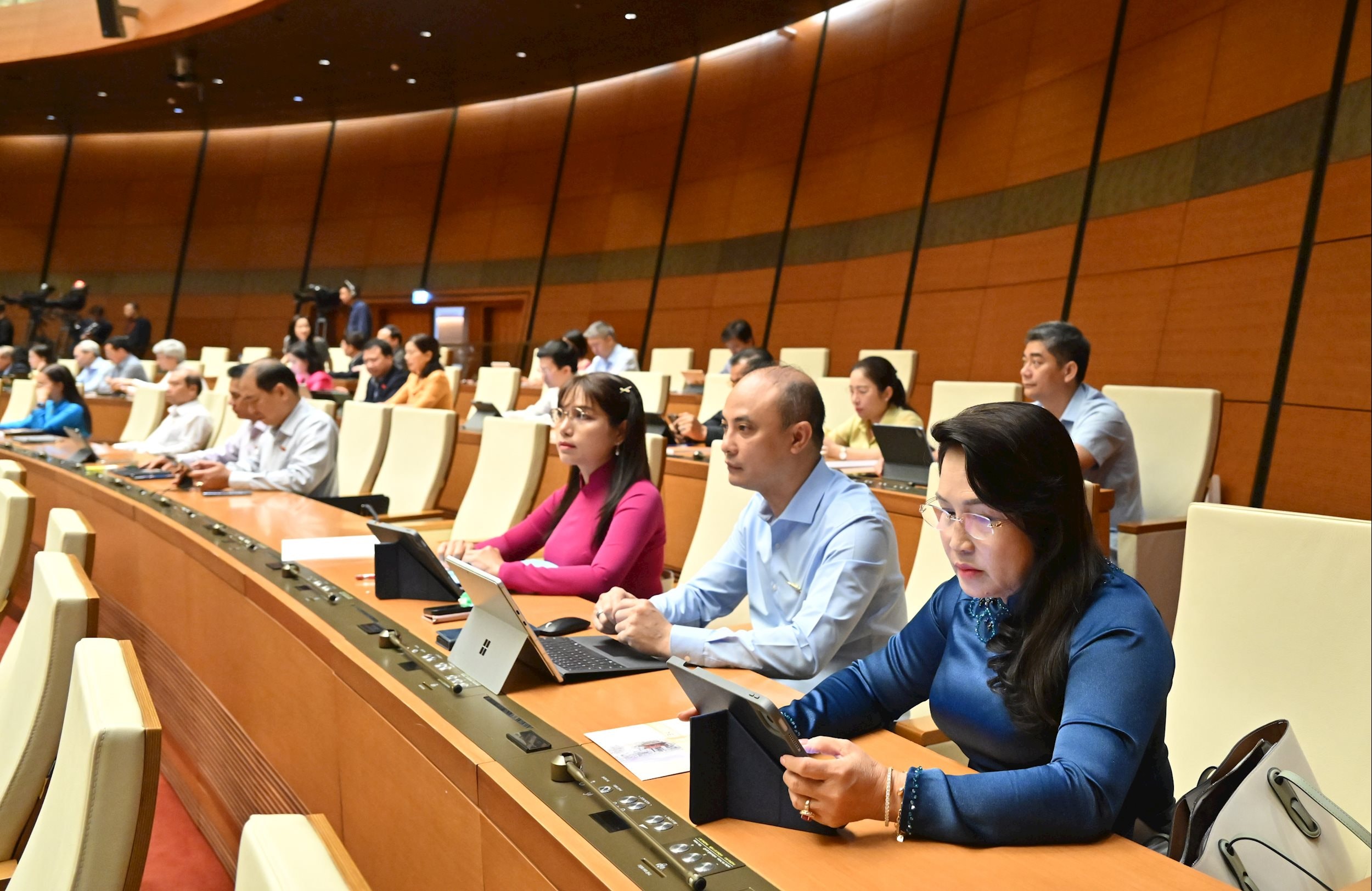
Delegates attending the meeting. Photo: Quang Khanh
Delegates also proposed shifting from “control” to “smart monitoring”, strongly decentralizing to localities according to the principle of “local decision - local action - local responsibility”. The Ministry of Natural Resources and Environment needs to focus on the role of calibration, monitoring, and warning, instead of just licensing. It is necessary to soon deploy a digitalized National Environmental Data System, connect in real time, and publicize indicators on air, water, and waste for people, the press, and social organizations to monitor together. Technology is the extended arm of public responsibility.
In addition, the delegate also proposed three breakthroughs that need to be institutionalized immediately. Accordingly, first of all, a breakthrough in development thinking, shifting from quantitative growth to quality - green - inclusive growth; the environment must become a measure of national governance capacity. Second, a financial breakthrough through the establishment of a local Green Fund; applying the "green investment - green budget" mechanism in public spending; mobilizing international climate capital in parallel with the domestic budget. Third, a breakthrough in technology and transparency through the construction of a National Digital Pollution Map, updated in real time, helping people "see" the environmental quality every hour. According to the delegate, all pollution incidents must be announced within 24 hours because transparency is a vaccine against indifference.
Environmental protection creates the foundation for development
National Assembly Deputy Nguyen Ngoc Son (Hai Phong) pointed out that in reality, high-quality FDI investment only comes to places with clear environmental standards. For example, Apple, Samsung, Lego, Nike, Panasonic... all set ESG and carbon emissions as prerequisites. In other words, without clear and consistent environmental standards, Vietnam will be eliminated from the global green supply chain, even with cheap labor costs. "The environment is the driving force for innovation and domestic technology enterprises. We do not wait for technology to protect the environment, but the environment will create demand for technology," the delegate emphasized.
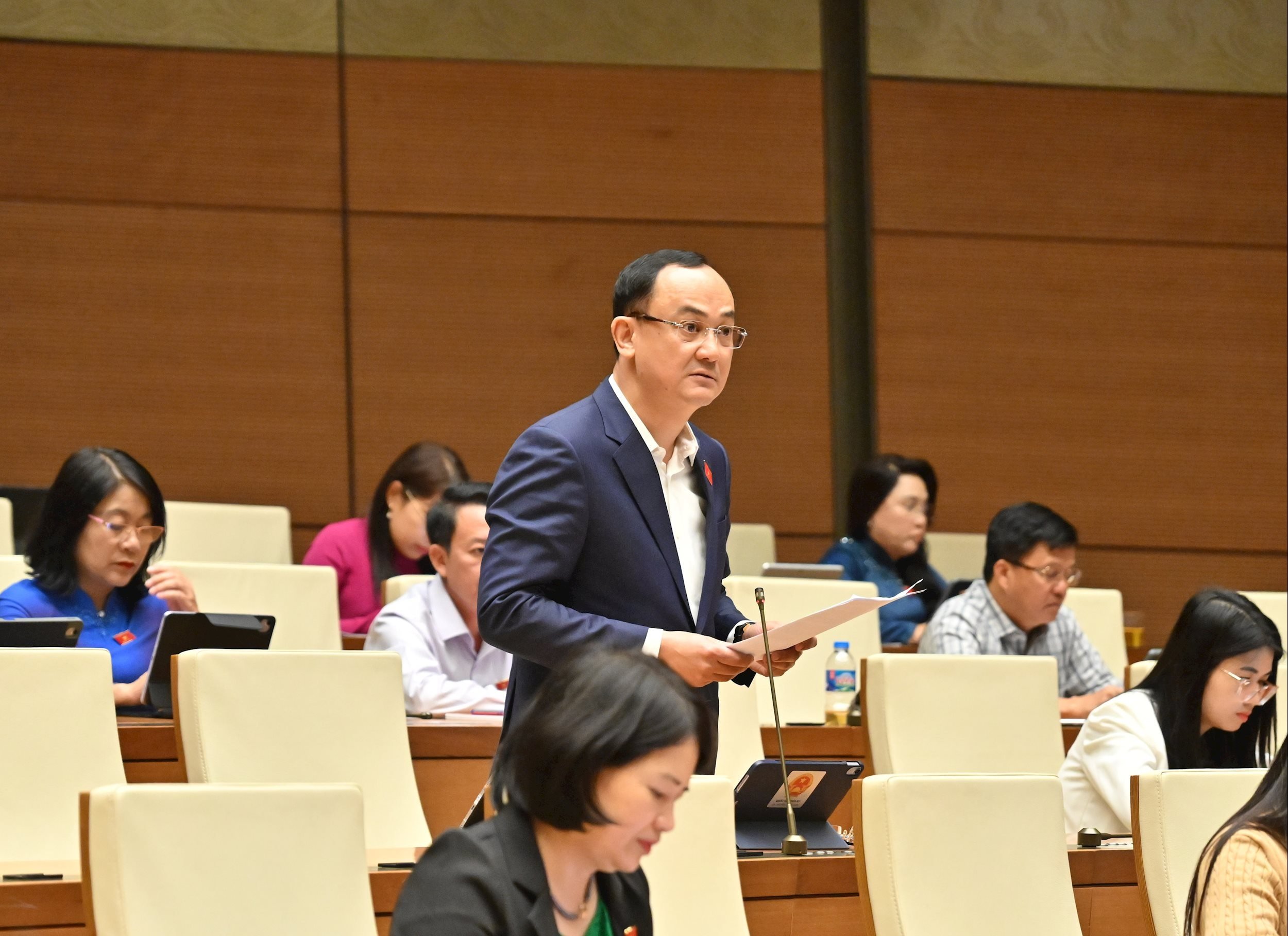
National Assembly Delegate Nguyen Ngoc Son (Hai Phong). Photo: Quang Khanh
To make the environment a driving force for attracting investment and promoting innovation, delegate Nguyen Ngoc Son said that it is necessary to continue institutionalizing the principle that the environment is a mandatory pillar in the three pillars of sustainable development. At the same time, increase public investment and budget expenditure for the environment; stipulate a minimum rate of 1% of total state budget expenditure for environmental causes; and arrange medium-term public investment capital for related projects.
In addition, delegates especially emphasized the need to build a system of environmental economic tools through adjusting and implementing appropriate collection of discharge fees in industrial parks and urban areas. Operate the national carbon credit floor by early 2026 at the latest. Apply environmental insurance, public bidding for environmental services, environmental contracts based on results (PbR)...
National Assembly Deputy Trinh Thi Tu Anh (Lam Dong) added that, in addition to "punishing" polluting acts with taxes and fees, the State needs to "reward" and encourage more green economic and circular economic activities, increase incentives for green economy, such as: supporting green credit interest rates, loan guarantees for businesses investing in clean technology, and expanding green bond issuance to mobilize social capital. At the same time, it is necessary to approve projects to promote international cooperation, learn from green finance and environmental technology experiences from developed countries, and participate in regional funds to mobilize capital.
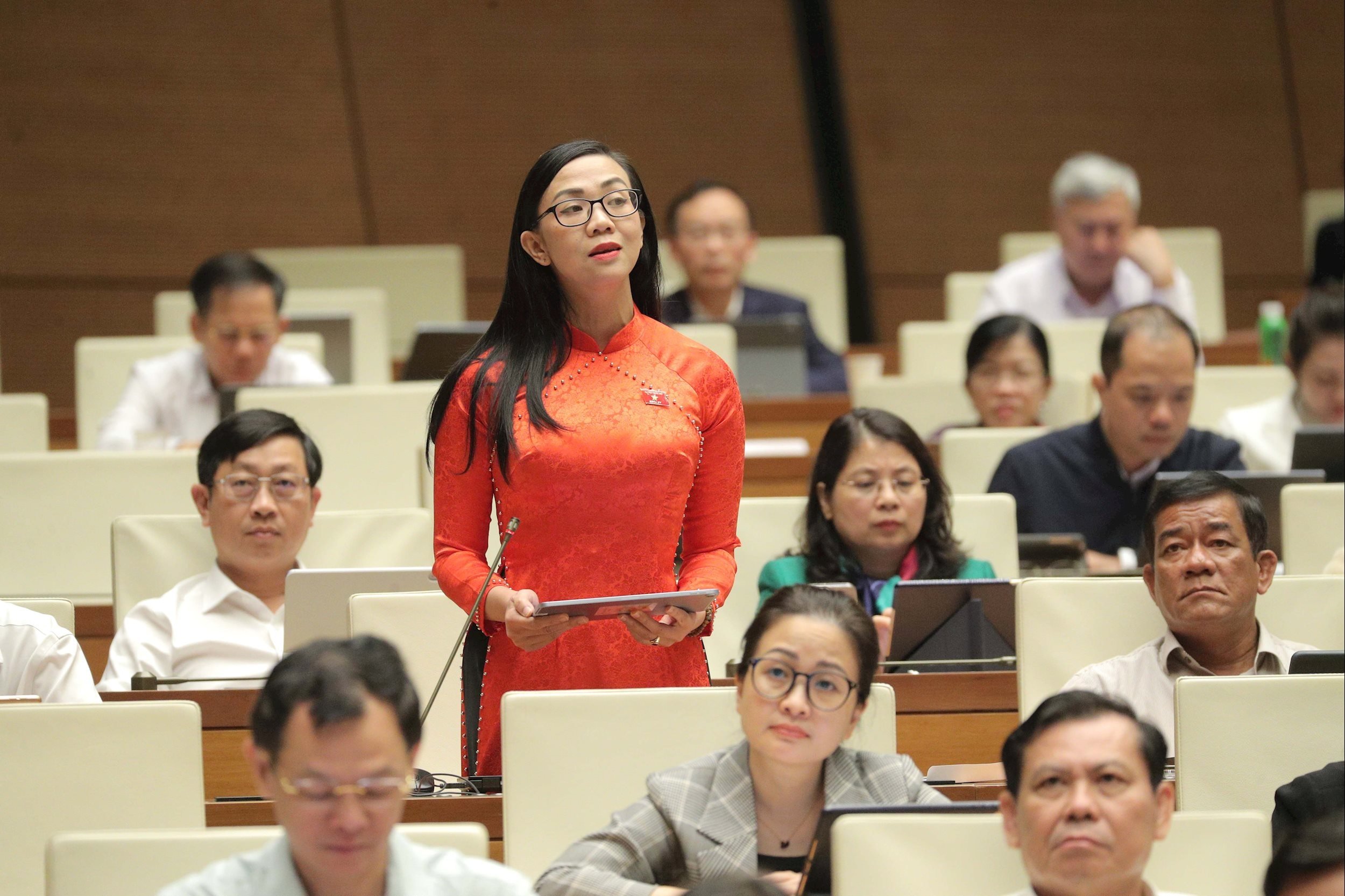
National Assembly Delegate Trinh Thi Tu Anh (Lam Dong). Photo: Ho Long
Not only improving the effectiveness of economic tools in environmental protection, the National Assembly deputies suggested that in the long term, there must be practical solutions to promote green economy and circular economy. Because only when taxes, fees, carbon markets, green credits, etc. are operated effectively, can we create a fundamental change in social awareness and strongly mobilize resources for environmental protection and sustainable development of the country.
"It can be seen that environmental protection is not a trade-off with growth but will create a foundation for long-term development. If we do not take strong action today, tomorrow all economic achievements will be swept away by polluted water and suffocating air."
Therefore, the delegates approved the National Assembly's passing of the Resolution on thematic supervision of environmental protection - a resolution that not only carries the highest supervision significance of the National Assembly but also a political commitment to future generations, affirming the National Assembly's strong message: not to trade off the environment for growth at all costs; Vietnam will develop greenly, develop responsibly and develop for people.
Source: https://daibieunhandan.vn/phat-trien-xanh-co-trach-nhiem-va-vi-con-nguoi-10393336.html



![[Photo] National Assembly Chairman Tran Thanh Man received a delegation of the Social Democratic Party of Germany](https://vphoto.vietnam.vn/thumb/1200x675/vietnam/resource/IMAGE/2025/10/28/1761652150406_ndo_br_cover-3345-jpg.webp)



![[Photo] Draft documents of the 14th Party Congress reach people at the Commune Cultural Post Offices](https://vphoto.vietnam.vn/thumb/1200x675/vietnam/resource/IMAGE/2025/10/28/1761642182616_du-thao-tai-tinh-hung-yen-4070-5235-jpg.webp)
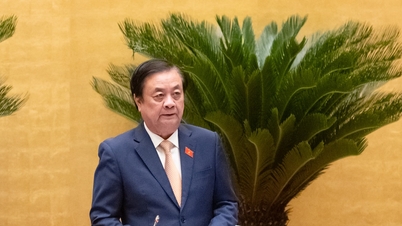
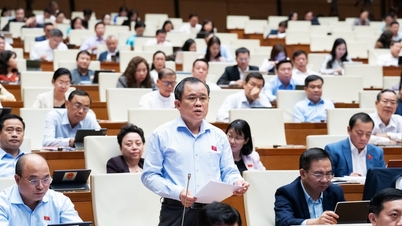
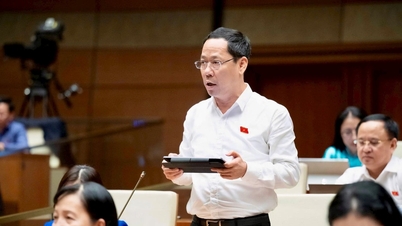
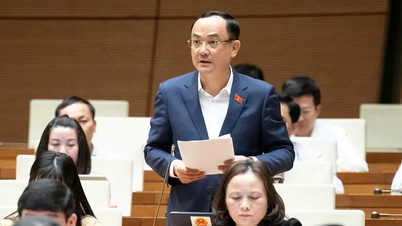

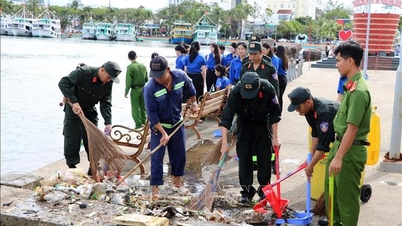

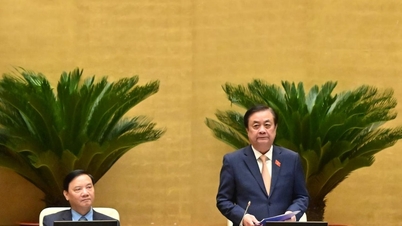
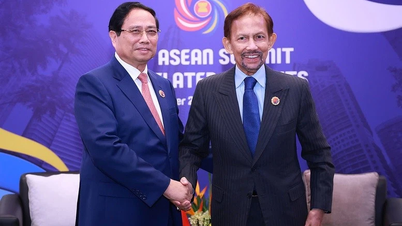



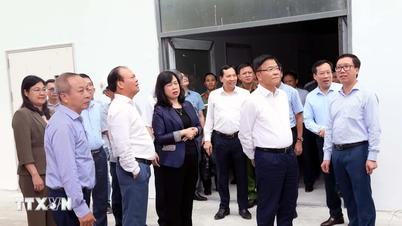

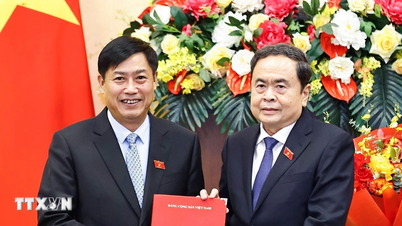
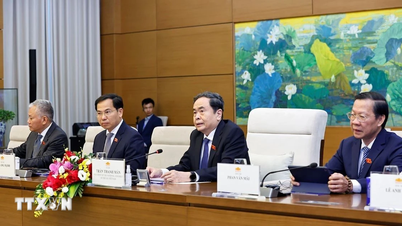




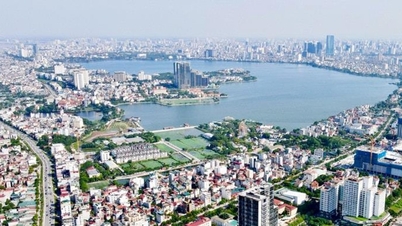
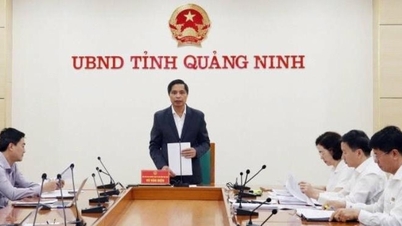
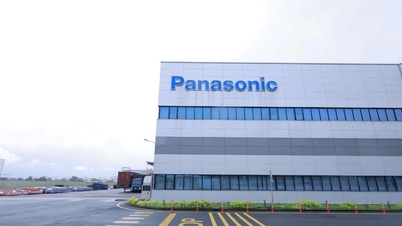
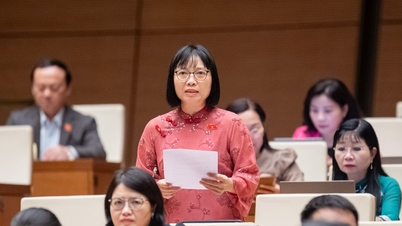



![[Photo] President Luong Cuong attends the 80th Anniversary of the Traditional Day of the Armed Forces of Military Region 3](https://vphoto.vietnam.vn/thumb/1200x675/vietnam/resource/IMAGE/2025/10/28/1761635584312_ndo_br_1-jpg.webp)



































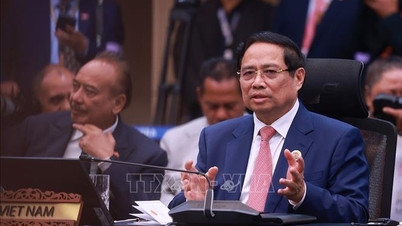



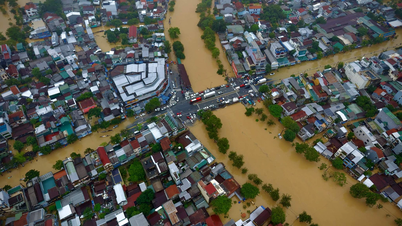


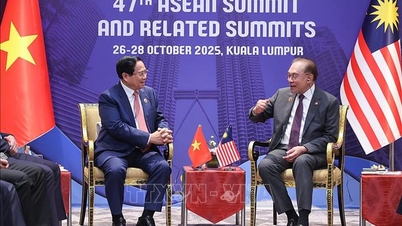
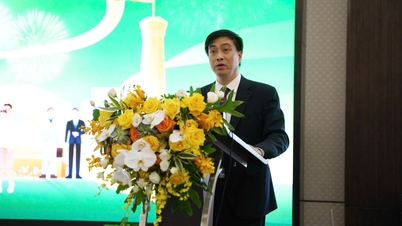




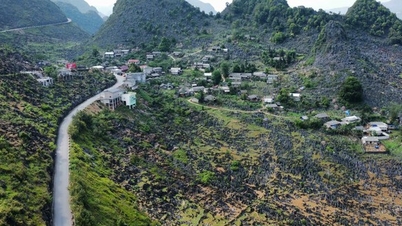

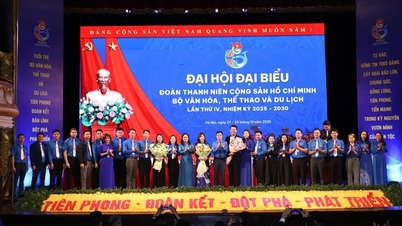
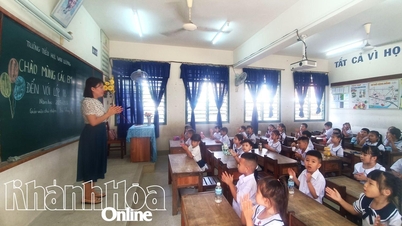

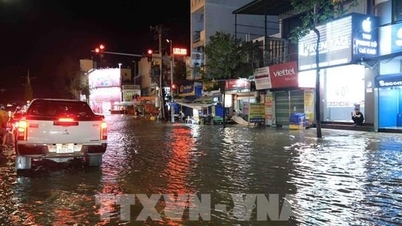

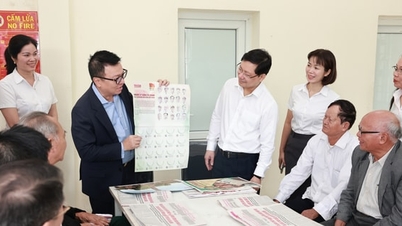

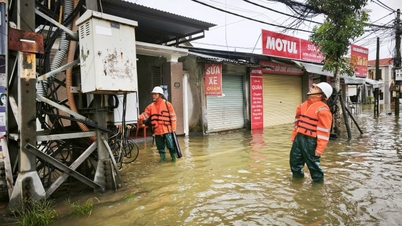

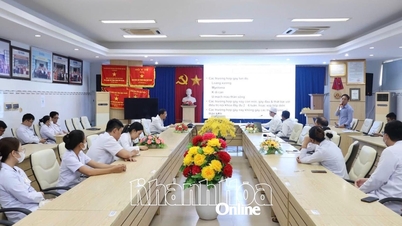
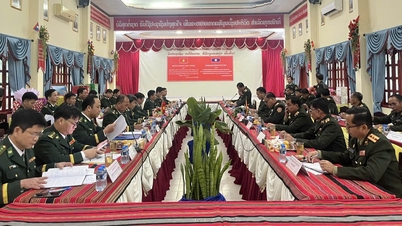














Comment (0)